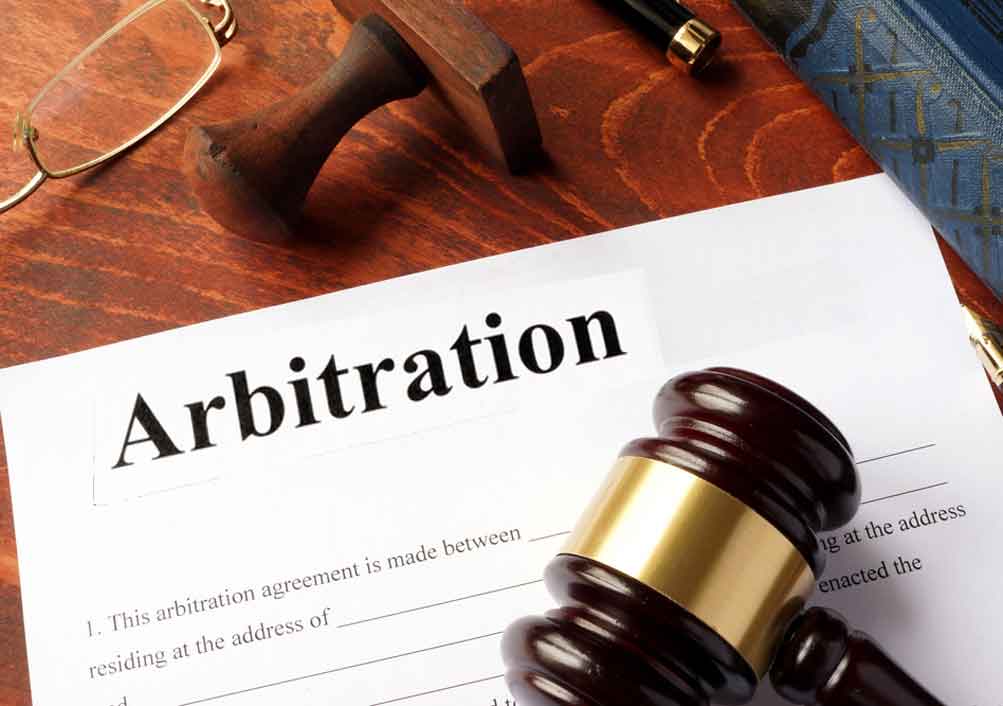In O.M.P.(COMM) 590/2020- DEL HC- Section 65-B of Evidence Act is not applicable to arbitral proceedings, rules Delhi HC Justice Vibhu Bakhru [10-05-2022]

Read Order: MILLENNIUM SCHOOL v. PAWAN DAWAR
Tulip Kanth
New Delhi, May 13, 2022: The Delhi High Court has termed the decision of the Arbitral Tribunal in rejecting the evidence on the ground that there was non-compliance of the requirements under Section 65-B of the Evidence Act, as manifestly erroneous and held that the scope of examination under Section 34 of the Arbitration and Conciliation Act, 1996 does not entail re-appreciation and re-evaluation of the evidence.
The Bench of Justice Vibhu Bakhru asserted, “It is also relevant to note that by virtue of Section 1 of the Evidence Act, it does not apply to arbitration. Although, the principles of the Evidence Act are usually applied in arbitral proceedings, sensu stricto, the said Act is not applicable. Section 65-B of the Evidence Act is not applicable to arbitral proceedings, yet the Arbitral Tribunal has disregarded the entire evidence led by the petitioner regarding deficiency of service solely on the ground that the certificate under Section 65-B of the Evidence Act was defective.”
The factual scenario of this case was such that Mr Pawan Dawar (respondent) is engaged in the business of providing transport services and carries under his proprietorship concern M/s Genesis Enterprises.the parties entered into an Agreement, whereby the respondent agreed to provide transport services to the petitioner who owned twenty-two school buses, which the respondent agreed to operate and maintain.Later, the petitioner terminated the agreement alleging deficiencies in the services.The respondent invoked the Agreement to refer the disputes to arbitration but the the Arbitral Tribunal partially accepted the claims of the respondent. Aggrieved by the impugned award, the petitioner had filed the present petition.
The Bench was of the opinion that Clause 1 of the Agreement expressly enabled the petitioner to terminate the Agreement on account of failure on the part of the respondent to maintain the buses.Thus, the conclusion of the Arbitral Tribunal that none of the grounds as specified under Clause 1 of the Agreement were made out in the Termination Letter was, ex facie, erroneous.
On the issue that the The Arbitral Tribunal had rejected several e-mails on the ground that the requirements under Section 65-B of the Evidence Act were not complied with, the Bench observed that that the receipt of several communications relied upon, on behalf of the petitioner, were admitted. Notwithstanding the same, the said communications were rejected as not admissible on the ground that the certificate under Section 65-B of the Evidence Act was not furnished. In the circumstances, the decision of the Arbitral Tribunal to completely ignore the said e-mails, is manifestly erroneous, added the Bench.
The Bench also affirmed that the Arbitral Tribunal had not addressed itself as to whether in fact, there was any deficiency of service and so the finding of the Arbitral Tribunal that the termination of the Agreement, is illegal couldnot be sustained.Thus, the Bench disposed of the petition by holding that the impugned award to the extent it awards an amount in excess of Rs.53,13,755/- as cab hire charges and to the extent it allows the respondent’s claim for loss of profits and cab charges to the extent of Rs.12 lakhs, will be set aside.
Sign up for our weekly newsletter to stay up to date on our product, events featured blog, special offer and all of the exciting things that take place here at Legitquest.




Add a Comment